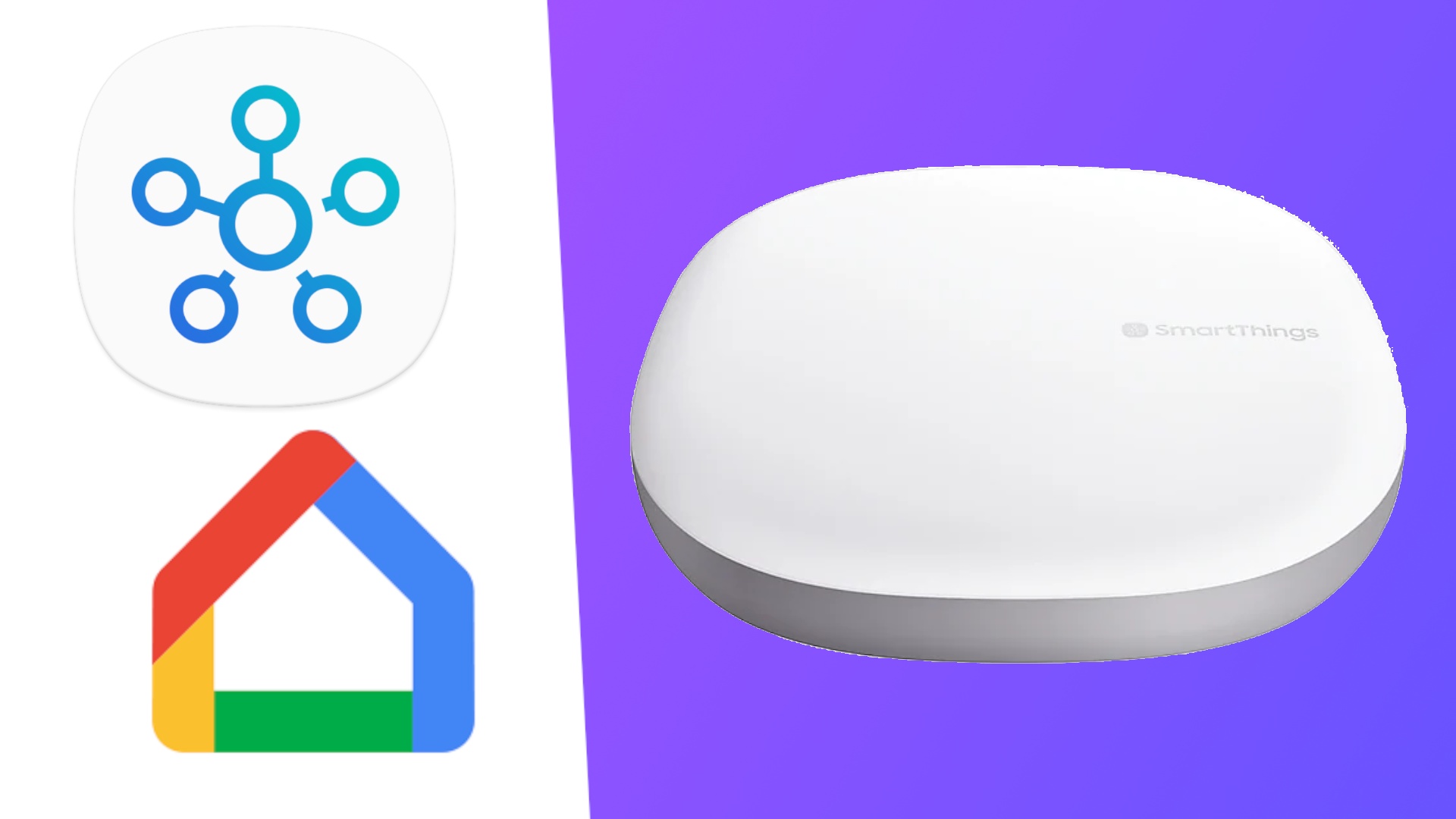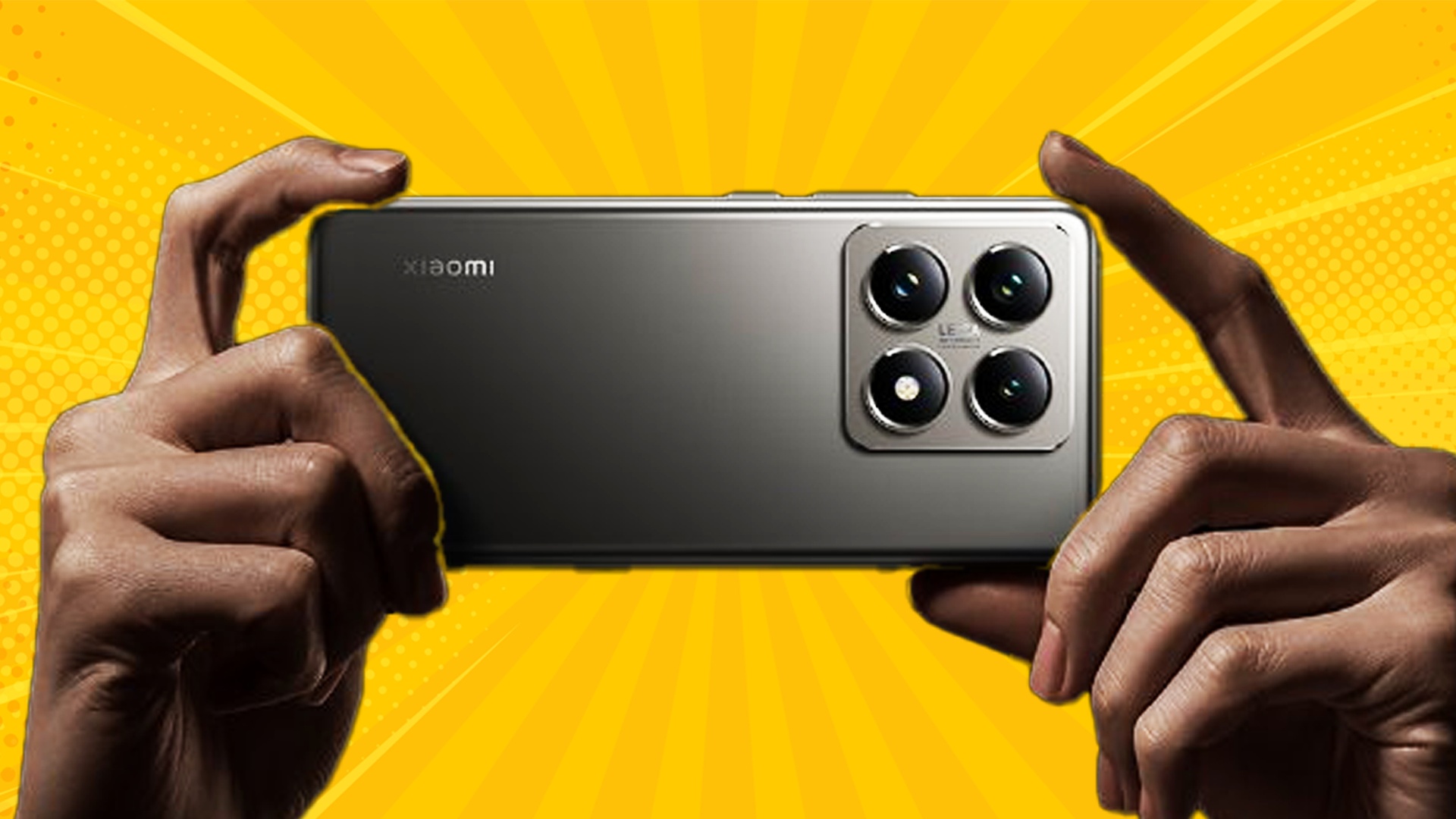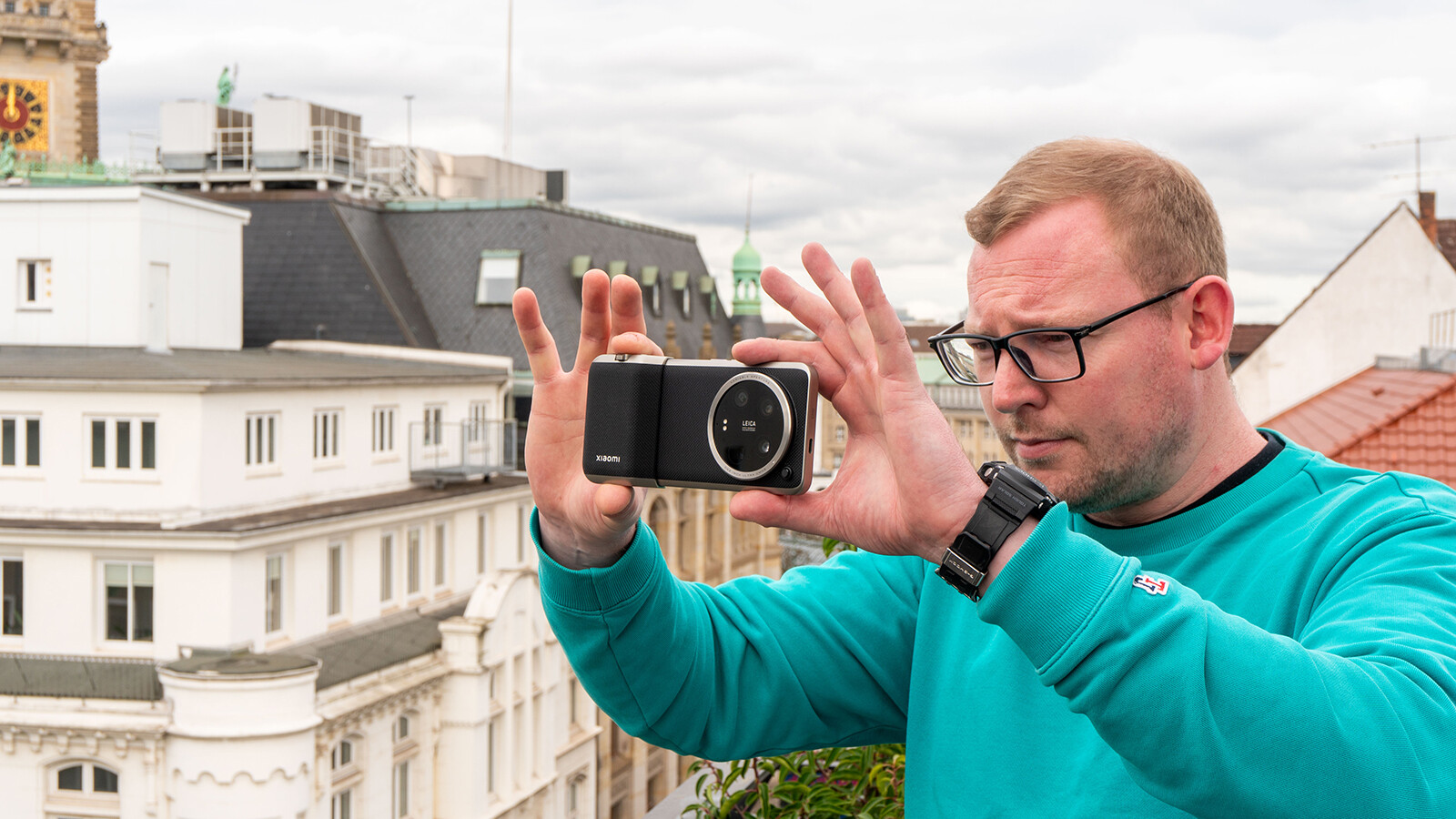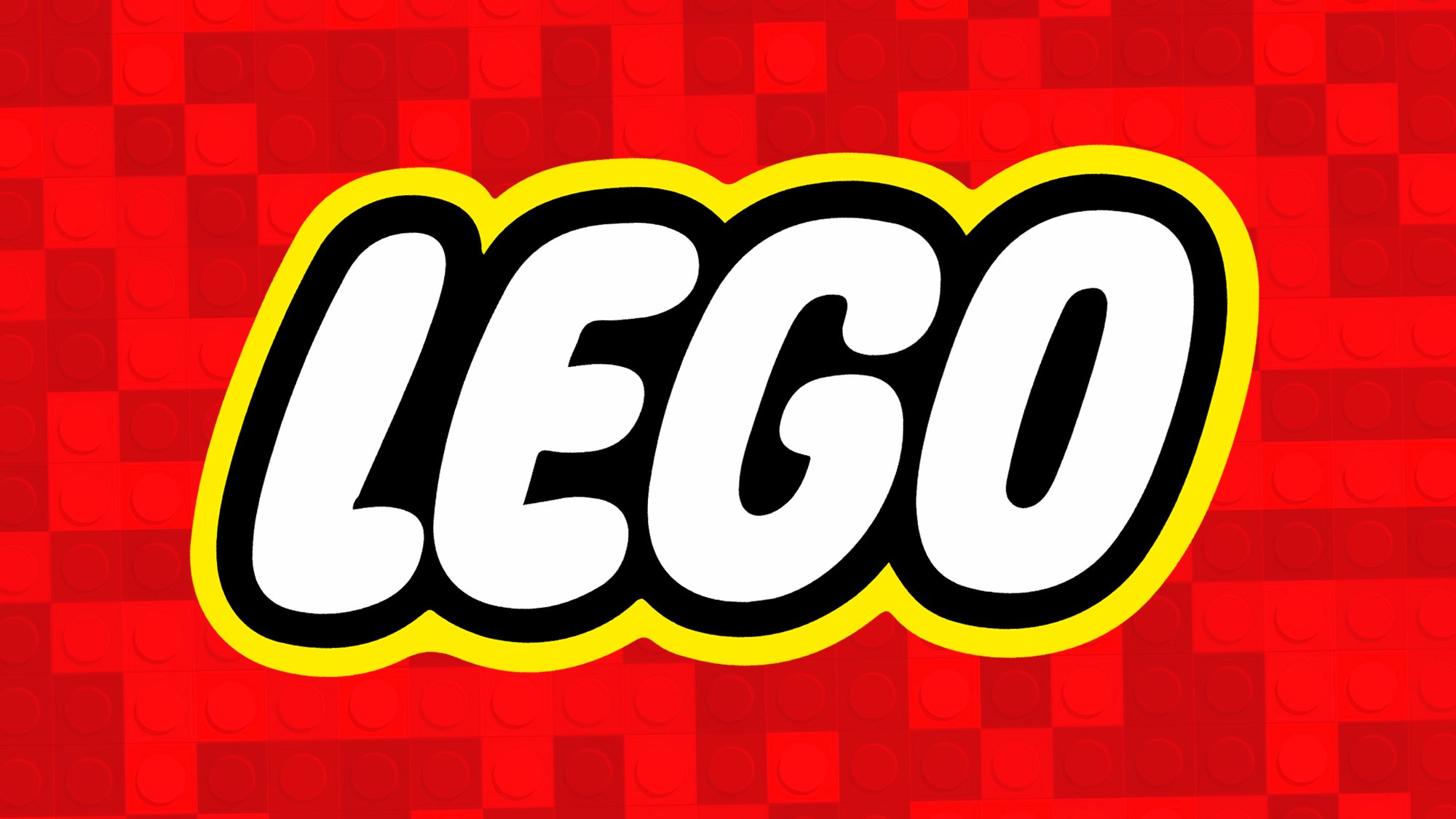Google’s Home app and Samsung SmartThings should communicate better with each other in the future.
Samsung and Google want to take smart homes to the next level together. So far, isolated solutions have plagued the concept of smart living: different ecosystems do not communicate with each other, devices are not compatible.
nevermore, say the two technology groups in line with the recent launch of the smart home standard Matter and provide Multi-Admin
before. This should improve communication between Google’s and Samsung’s smart devices in the future.
SmartThings and Google Home: the beginning of a partnership
What the collaboration looks like in practice: If a Matter-enabled device has been connected to Google’s Home app, you will receive a notification when you call up Samsung’s SmartThings app. Then you can save the device in a few steps in the Samsung app. In reverse, it all works the same way.
This should keep both ecosystems up to date and include all your smart devices and gadgets. This makes it easier to use both apps at the same time.
Google recently promised its Home app an update that should also make the app Matter-compatible.
more on the subject
Google shows major redesign for its smart home app
As SmartThings boss Jaeyeon Jung reports, Samsung and Goole are aware of the large number of people who use smart devices from both manufacturers side by side. We now want to offer these people a better user experience. Multi-Admin is scheduled to launch in the coming weeks.
Samsung: First clear start date for Matter
The cooperation between Samsung and Google is made possible by the new smart home standard Matter. It was officially released this month – but there have not been any official Matter products yet.
Now Samsung is the first manufacturer to go beyond a mere commitment to the Matter standard and create facts:
Samsung SmartThings hubs will be able to be used to control Matter devices later this month. From then on, new hubs with thread support will also appear. As so-called border routers, the hubs can then become the starting point for mesh networks in your smart home.
What is a mesh network?
Mesh means something like braid or grid in Europe. In a mesh network, radio signals do not just travel on one path from the sender to the end device. Instead, devices integrated into the mesh network fulfill the function of a router: they pick up a radio signal, even if it is not intended for them as an end device, and forward it to the end device. Mesh networks are therefore more robust and often faster than conventional networks.
The announcement by Samsung also fits the testimony of Michelle Mindala-Freeman by the Connectivity Standards Alliance, which maintains and publishes the Matter standard. According to this, the certification of Matter devices would start this week, with Samsung being one of the first companies to do so.
Do you find smart homes exciting, but are you still unsure about terms such as matter, thread and border router? Then we have a summary of the new smart home standard here, which explains everything in detail again.
Does it matter? Why the new smart home standard is so important and what will change with it
What do you think of the development in the smart home towards more collaboration? And is this first step by Samsung and Google enough, or is there more to come? Write us your opinion in the comments!










